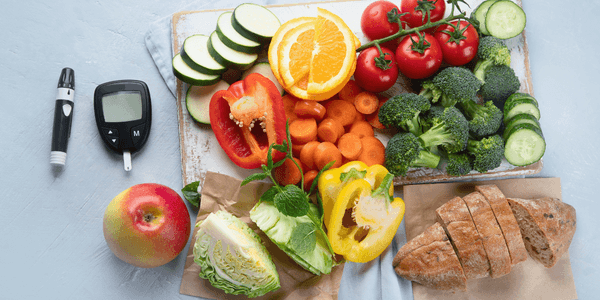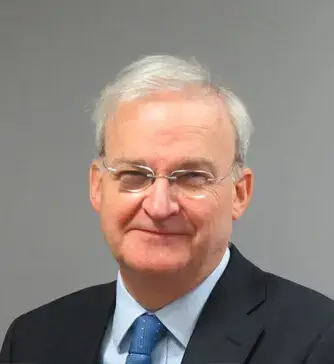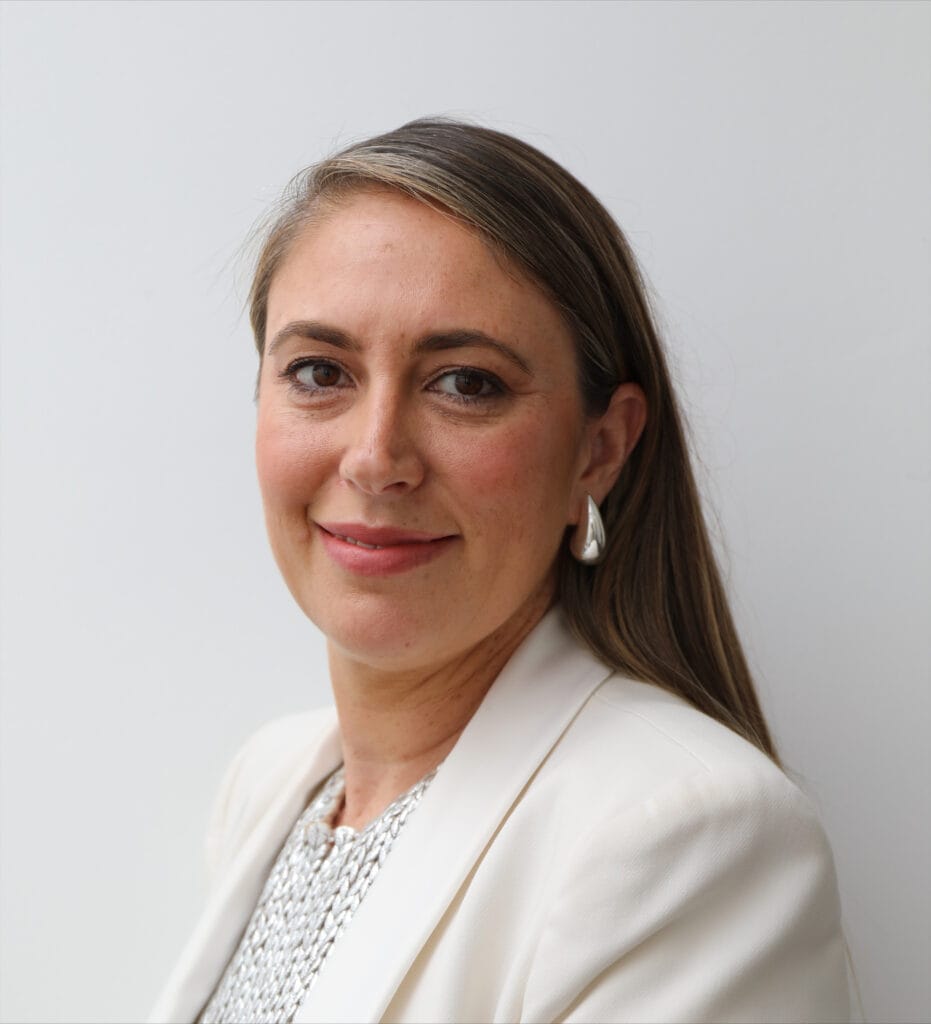
Diabetes is a public health crisis. According to the charity Diabetes UK, of those aged over 40 in the UK, it’s estimated that 1 in 10 have been diagnosed with Type 2 diabetes (Type 2 makes up 90% of diabetes diagnoses). Increasing numbers of younger people are being diagnosed with Type 2 as well.
Here, King Edward VII’s Hospital Consultant Endocrinologist Dr Malcolm Prentice, who specialises in diabetes and endocrinology, explains what diabetes is, the main difference between Type 1 and 2, and gives their 4 top tips to prevent Type 2.
What is diabetes?
Diabetes is a serious condition. If you have diabetes, it means your blood glucose level is too high, either because your body can’t produce enough of the important hormone insulin (Type 2) or can’t produce any insulin (in the case of Type 1).
What’s the difference between Type 1 and Type 2 diabetes?
If you have either type of diabetes, you have an excess of glucose in your blood. They key difference between the two is that:
- Type 1 is what’s known as an ‘autoimmune condition’ – you aren’t able to produce any insulin as your body attacks the cells that produce it
- Whereas with Type 2, your body still produces insulin but in an impaired way, or it doesn’t make enough – known as ‘insulin resistance’
If you’re diagnosed with Type 1, unfortunately we don’t currently know what causes it, so it’s much harder to treat. You would manage it by taking insulin, but it can’t be prevented. Making lifestyle or diet changes can help you a little, but again, this isn’t a cure.
Type 2 also can’t be cured, but in a lot of cases, can be prevented through making lifestyle changes, including diet and exercise. Unlike Type 1, we know the risk factors for Type 2, including your family history, ethnic background, age and being overweight or obese.
Why does obesity often cause Type 2 diabetes?
The hormone insulin is crucial to control the body’s glucose levels. For many people who are overweight, their cells develop a resistance to insulin. The body usually responds to this resistance by making more insulin.
Eventually, the body is no longer able to match the supply of insulin to the resistance the cells have developed, resulting in a persistently high concentration of glucose in the blood. This causes Type 2 diabetes.

4 top tips to prevent Type 2 diabetes
Avoid processed carbohydrates
Steer clear of carbohydrates that are highly processed or have glucose added to them as a stabiliser, such as white bread, rice and pasta. Such carbohydrates are rapidly absorbed in the body, which leads to high glucose levels in the blood.
Choose hand-ground or stone-ground carbohydrates, instead, that are high in fibre – like wild or brown rice, spelt wheat and whole grain flour products.
Limit takeaway foods
Cook for yourself, using fresh ingredients, including lots of fruit and vegetables whenever possible. Stay away from takeaways and processed frozen meals.
Limit your alcohol intake
Though alcohol itself can’t cause diabetes, it can contribute to obesity which, in turn, increases your body’s insulin resistance and the likelihood of developing diabetes.
Take regular exercise
According to the NHS, as little as a 5% reduction in body weight, alongside regular moderate exercise, can reduce your risk of developing Type 2 by 50%.
Aim for either 30 minutes of moderate activity, five days a week, or 15 minutes of vigorous activity, five days a week.
If you’ve been diagnosed with Type 2 diabetes or prediabetes, don’t despair: Diabetes UK is full of helpful information and resources to help you prevent or manage the condition. Keep in mind that 3 in 5 cases of Type 2 diabetes can be stopped or delayed if you stay active, maintain a healthy weight and eat well.
More information
- If you’re concerned about diabetes, speak to your GP. If you don’t have a GP, you can make an appointment with one of our same day private GPs.
- Our diabetes and endocrinology department can help to support you through any tests or treatments.
- Dr Malcolm Prentice is an expert in diabetes and can provide expert treatment, advice and guidance. Make an enquiry.
Article Sections
Latest Hospital News
Should you wish to speak to our press team, please visit Press Enquiries





